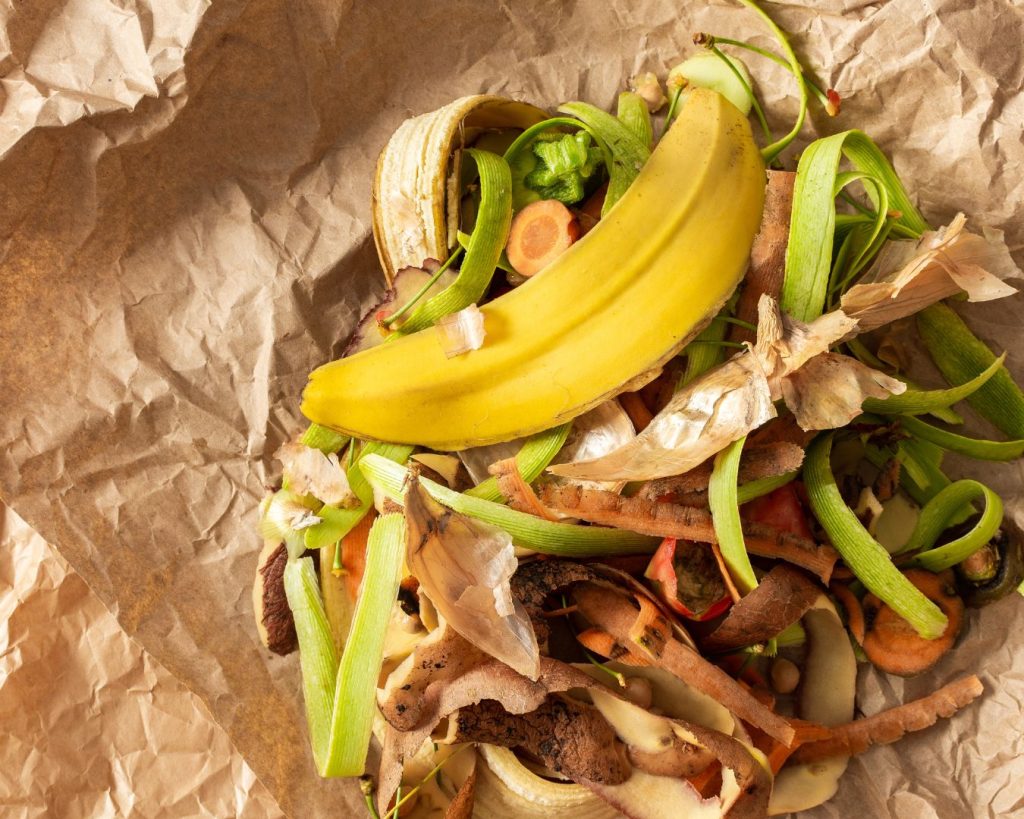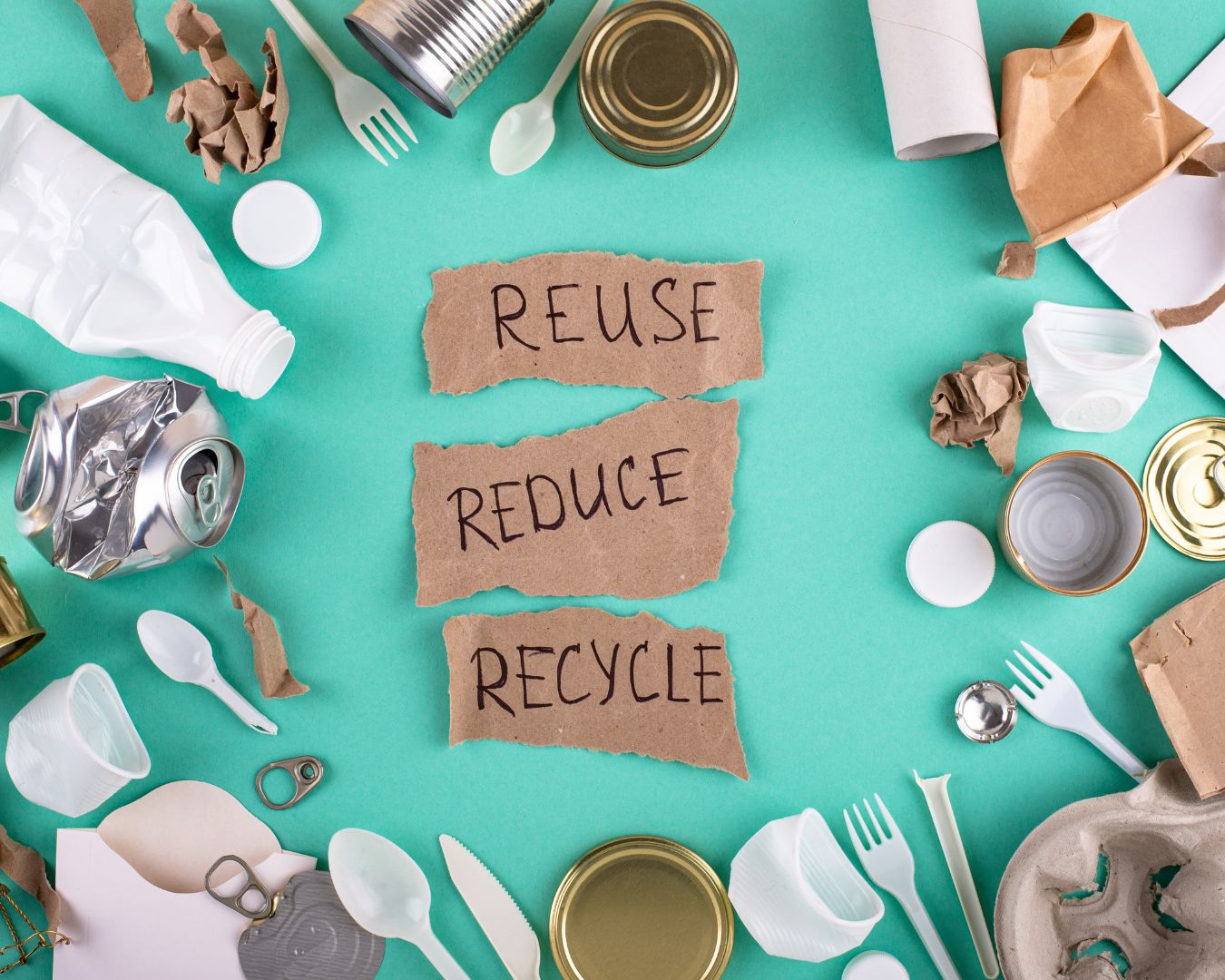Sustainable Kitchen Practices: Reducing Waste and Energy Consumption
Creating a sustainable kitchen is a powerful way to reduce your environmental footprint. By adopting eco-friendly practices, you can minimize waste, conserve energy, and make more environmentally conscious choices. Here are some effective strategies to help you create a greener kitchen.
Composting: Turning Waste into Resource
What is Composting? Composting is the process of recycling organic waste, such as food scraps and yard trimmings, into a valuable soil amendment. It reduces the amount of waste sent to landfills and provides nutrient-rich compost for your garden.
How to Start Composting:
- Set Up a Compost Bin: Choose a compost bin or build a compost pile in your backyard. Ensure it has good air circulation and drainage.
- Collect Compostable Materials: Collect fruit and vegetable scraps, coffee grounds, eggshells, and yard waste. Avoid meat, dairy, and oily foods.
- Layer and Turn: Alternate layers of green (nitrogen-rich) and brown (carbon-rich) materials. Turn the compost regularly to aerate it and speed up decomposition.
- Use the Compost: Once the compost has broken down into a dark, crumbly soil, use it to enrich your garden or potted plants.
Energy-Efficient Appliances
Benefits of Energy-Efficient Appliances: Energy-efficient appliances consume less electricity, reducing your energy bills and environmental impact. Look for the ENERGY STAR label when purchasing new appliances.
Top Energy-Efficient Appliances:
- Refrigerators: Modern refrigerators with energy-saving features use significantly less electricity than older models.
- Dishwashers: ENERGY STAR-certified dishwashers save water and energy without sacrificing performance.
- Ovens and Stoves: Induction cooktops and convection ovens are more energy-efficient compared to traditional electric or gas ranges.
Tips for Using Appliances Efficiently:
- Load Full Loads: Run dishwashers and washing machines with full loads to maximize efficiency.
- Unplug Devices: Unplug small appliances when not in use to prevent phantom energy consumption.
- Maintain Appliances: Regularly clean and maintain appliances to ensure they operate efficiently.

Reducing Food Waste
Plan and Shop Wisely:
- Meal Planning: Plan your meals for the week and create a shopping list to avoid buying unnecessary items.
- Buy in Bulk: Purchase staple foods in bulk to reduce packaging waste.
Proper Storage:
- Use Airtight Containers: Store dry goods in airtight containers to keep them fresh longer.
- Label and Rotate: Label foods with the date of purchase and rotate older items to the front to use them first.
Creative Leftovers:
- Repurpose Leftovers: Use leftover ingredients in new recipes, such as soups, stews, or stir-fries.
- Freeze for Later: Freeze leftovers in portion-sized containers for quick, easy meals.
Choosing Sustainable Materials for Kitchen Renovations
Eco-Friendly Materials:
- Recycled Materials: Opt for countertops, cabinets, and flooring made from recycled materials, such as reclaimed wood or recycled glass.
- Bamboo: Bamboo is a fast-growing, renewable resource that makes an excellent choice for flooring and cutting boards.
- Low-VOC Paints: Use low- or no-VOC (volatile organic compound) paints and finishes to reduce indoor air pollution.
Energy-Efficient Lighting:
- LED Bulbs: Replace incandescent bulbs with energy-efficient LED bulbs, which last longer and consume less energy.
- Natural Light: Maximize natural light with strategically placed windows and skylights to reduce the need for artificial lighting.

Sustainable Cleaning Practices
Green Cleaning Products:
- Natural Ingredients: Use cleaning products made from natural, biodegradable ingredients like vinegar, baking soda, and castile soap.
- DIY Cleaners: Make your own cleaning solutions using simple recipes, such as vinegar and water for glass cleaner or baking soda and water for scrubbing surfaces.
Reduce Single-Use Items:
- Reusable Cloths: Use reusable cloths and towels instead of paper towels for cleaning.
- Eco-Friendly Sponges: Choose biodegradable or natural fiber sponges and scrubbers.
Adopting sustainable kitchen practices is a meaningful way to contribute to a healthier planet. By composting, using energy-efficient appliances, reducing food waste, choosing sustainable materials for renovations, and embracing green cleaning practices, you can create an eco-friendly kitchen that benefits both your household and the environment. Start making small changes today, and watch as they add up to a significant positive impact over time.

